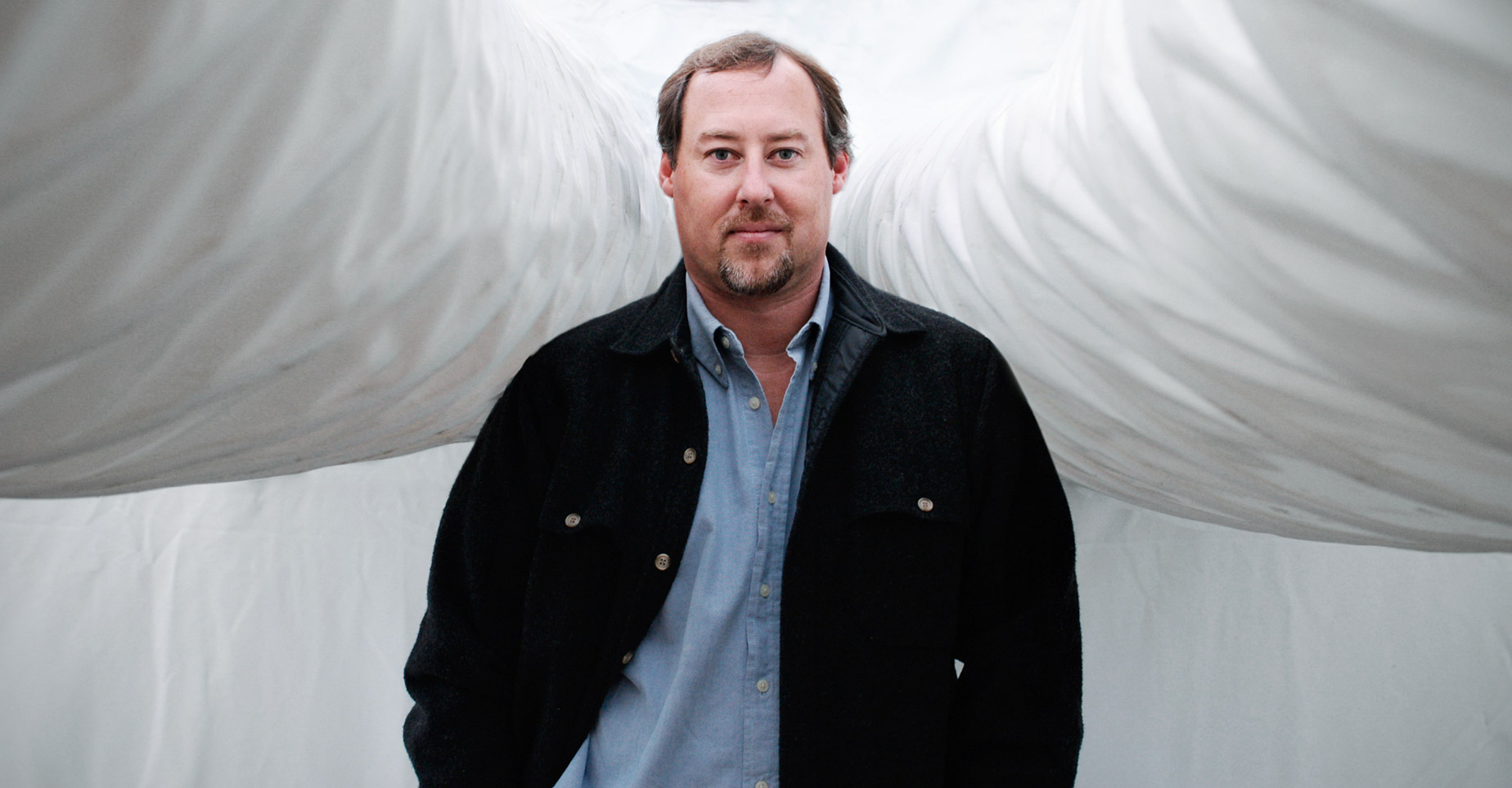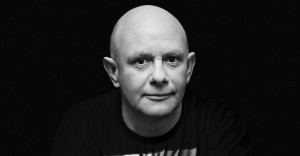Mr. O’Nan, you worked for a long time as an engineer. How far away is that from being a writer?
(Laughs) It’s really not that different. I think engineers look at the world analytically, the way that authors do. Engineers don’t trust in theory, they’re more interested in what really happens in the world. They’re observers. They make theories based on their observations, and I think that’s what writers do. If an engineer observes something that is going a way that they don’t think it’s supposed to go… they let it, because they realize that their theory was wrong.
Do you still fix everything in the household?
Not everything! Certainly not the technology. My wife is better with computers than I am. She’s the alpha.
Now to your books – how do you decide what the subject of your next book will be?
You just run across things and they stick with you. You can have a list of a hundred different things you want to write about but there’s always one or two that keep coming back, and you can’t get rid of them. And you say, “Why? Why can’t I get rid of them?” And then you say, “Okay, maybe I’ll do some research on this.” I’ll write my way into it and see what’s there. Usually I tend to write about things I don’t understand. I see human behavior that is repeated over and over again but I still don’t get it. With Snow Angels, the estranged husband, he loves his wife so much that he has to kill her. I don’t understand that at all, but it happens all the time.
I don’t think anyone understands that.
How does love turn into hate? It does. We see it all the time. Like Oscar Pistorius, who was just found guilty. There they are, they’re in love, and all of a sudden he’s shooting her through the door. Happens all the time! Mothers killing their children! It’s human behavior, it’s happened since the beginning of time – but I don’t understand it. And that’s when I get interested, I get fascinated.
Is character more important to you than genre?
It’s based on character, it’s worried about getting close to a character, and letting the reader meet this person that otherwise they would never meet. They sort of get under their skin, get into their head for a little while. And that seems to be present in all my books, even if one’s a comedy and one’s a tragedy or one’s a satire. But usually it has to do with people – as Chekhov says, people who are in a false position. And when you’re in a false position, you have to come back to a true position. The world will force you back into a true position.
You’re well-known for your research that allows you to write such detailed portraits of these different characters. Do you use a lot of paper?
A lot of paper! A lot of maps, notebooks filled with notes on the characters, on the places, on the scenes. The more material that I gather, the better I feel about the grasp I have on the book. Because I’m starting from ignorance. If I’m writing as if I’m an 80-year-old woman, obviously I’m not an 80-year-old woman. To make that leap into the characters I want to have as many good details as I can find.
I’ve seen that you always ask the same questions in your research – I’d like to ask you some of those same questions. The first is, “Who is a person no longer in your life that you miss?”
Well, my mother, obviously. She’s the one that I wrote Emily for. She had died and I missed her a great deal. Sometimes that is something you do, you write about a person or a place that you miss. Like Emily, she came from a small town. She had aspirations of moving from one class to another… She’s been gone seven years now.
Another research question was, “What are three places that you go to every week?”
The first place is… I go to the library every week. For research, for everything. The library is the best place in the world. Yes, we pay tax dollars to it, but still, you get books for free. You get CDs for free, you get DVDs for free. You meet people there that want to talk about books. Every day that I go to the library is a good day. The second place that I go every week… During baseball season I go to the ballpark every week to see the baseball games. Every week. It’s always relaxing. It’s a place where I can forget about all sorts of other troubles. The third place that I go every week is the post office. I always go to the post office. I’m always mailing things out, sending things out. I’m still old fashioned that way.
Who is your first reader?
My wife. My wife is usually my first reader. So, in that first group… Stephen King is in there. We are both baseball fans. Another one is Dennis Lehane, the writer.
If your wife says, “No, I don’t get it.” Would you change it?
(Laughs) I would. I mean, I change certain things for her if I think that she’s right about it. Sometimes she has better perspective than I do because I’m too close. But she doesn’t have to like every book. My wife was not a great fan of Last Night at the Lobster; she didn’t like it. But I knew that it was right, so I didn’t change it. Every reader doesn’t have to like every book. And every reader is not going to like every book of mine because they’re so wildly different. I wouldn’t expect readers who love Emily to also love The Speed Queen. That’s a big leap, that’s a really big leap. I usually ask the readers to make those huge leaps – and I know I’m going to lose some of them.
It seems like two completely different people wrote those books – one is about a drug-fueled killing spree told by a death-row inmate, the other about an 80-year-old widow.
Yeah! I was two completely different people because I was getting close to these characters, and I was getting close to those characters.
Your new book The Odds is called Die Chance in German. What kind of a chance are you looking to be given?
You’re always looking for a second chance. You’re always looking to do a little bit better than you did the last time. And you hope that the readers will stay with you. It’s always a gift that the reader gives to the book – time is very precious. So, if they spend hours and hours with your book and your characters, that’s pretty lucky. That’s the chance, I hope that they will give the next book a chance.
An author once told me, “Every time you have a new book, you are naked and you get your clothes from the audience.” Do you feel the same?
The reader has to do the work to put the story together. We just put it on the page. The reader brings their whole life to it. The reader brings their mother, the reader brings their aunt, the reader brings their sister, the reader brings everything. If they can bring their life and put it together with the book, then it’s not just dots on a page. Then it means something. And, sure, it means a lot for me.
Return to Top

Short Profile
Name: Stewart O'Nan
DOB: 4 February 1961
Place of Birth: Pittsburgh, Pennsylvania, USA
Occupation: Writer





















Comments
write a comment, read comments